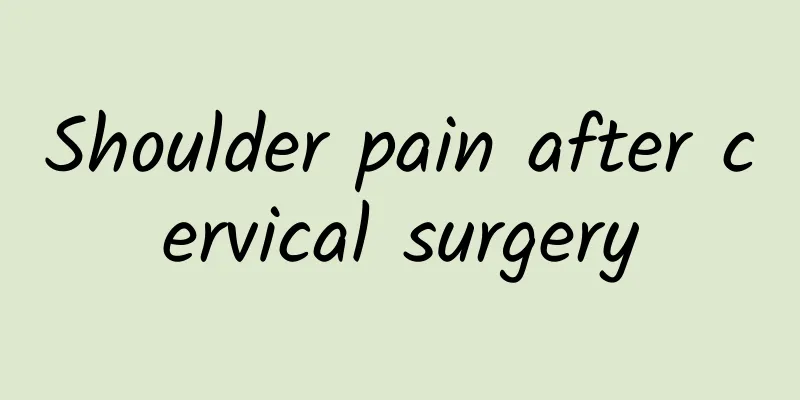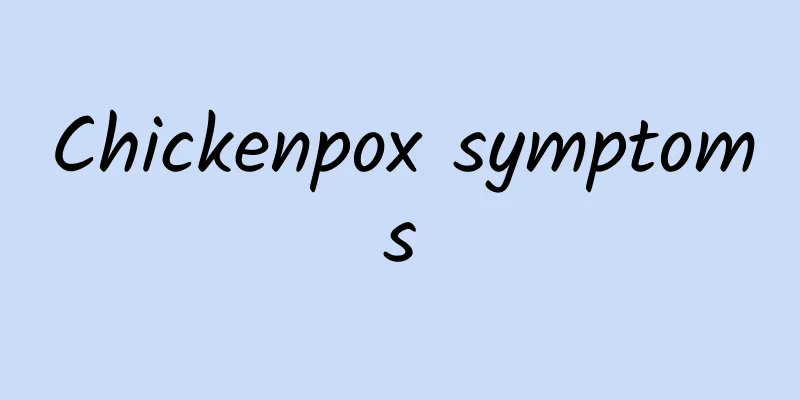Knotweed full sketch

|
Polygonum cuspidatum is a rarely used Chinese medicine. It was first recorded in Ming Yi Bie Lu and listed as a medium-grade medicine. It mainly has the effects of antibacterial and antiviral treatment, as well as the effects of dispelling wind, removing dampness, promoting blood circulation and dredge meridians, and relieving inflammation and pain. It is mainly used for rheumatism, amenorrhea and other diseases. Below, Chinese medicine practitioner Ning Ning shares the pictures of Polygonum cuspidatum and its functions and effects with everyone. Other names: big insect stick, bitter stick. Source: It is the underground stem of the Polygonum cuspidatum plant of the Polygonaceae family, and its leaves also have medicinal value. Both natural and cultivated. Place of origin: The main producing areas are Hebei Province, Northwest China, East China, East China, South China, Northwest China and other regions. Characteristics and identification: The roots are cylindrical, dark brown on the surface, with longitudinal wrinkles and root scars, 1 to 7 cm long and 0.6 to 2 cm in diameter. The bark of the broken surface is thin, dark brown and easy to separate from the phloem. The xylem accounts for the vast majority and is radial. The underground pith has septa or cracks in the center. It is hard and solid, with a very weak smell and a slightly bitter and astringent taste. Main ingredients: The underground stems contain dispersed anthraquinone glycosides, the key of which are rhubarb and rhubarb methyl ether berberine. It also contains tannins and several types of sugars. The efficacy and function of Japanese knotweed 1. Antibacterial effect: In vitro experiments show that Polygonum cuspidatum decoction (25%) has an inhibitory effect on Staphylococcus aureus, catarrhal Gram-negative bacilli, hepatitis A or B Streptococcus infection, Escherichia coli, etc. 2. Antiviral therapeutic effect: Using the primary single-sided squamous epithelial cell tissue of artificial embryonic kidney to shape, the water decoction of Polygonum cuspidatum (10%) has an inhibitory effect on the infection of influenza A virus strain 68-1, orphan virus infection, and simple herpes simplex virus infection. Chinese medicine preparation: cut into slices and used raw. Poria cocos effects: bitter and neutral. Meridians: Enters the liver and spleen meridians. Function: dispel wind, remove dampness, promote blood circulation and unclog meridians, reduce inflammation and relieve pain. Indications: Rheumatic pain in waist and legs, jaundice caused by cold and dampness, clear and thin stranguria, liver depression and kidney deficiency, and bruises in women. Application in clinical medicine: The main function of Polygonum cuspidatum is similar to that of Radix Polygoni Multiflori in treating blood, and its function in treating wind is the same as that of Vaccariae Multiflori. Therefore, it is effective in treating gynecological diseases, rheumatoid arthritis, hepatitis, etc. It is used to treat abdominal accumulation, heavy limbs, irregular menstruation, jaundice and hepatitis, etc. Polygonum cuspidatum can be taken alone in a brewing pot; it can be used to treat rheumatic pain in the waist and legs, and numbness in the limbs. It is often combined with Achyranthes bidentata, Acanthopanax acanthopanax, etc. to enhance the efficacy. Note: Pregnant women should not take it. Dosage: 9~30g, or soak in wine. Apply powder externally or boil in water for washing. Examples of prescriptions: 1. Treat women with irregular menstruation, abdominal and flank discomfort, and pain in the back and buttocks. 90g of Polygonum cuspidatum, 30g of Trumpet Creeper and 30g of Myrrh are pounded into powder. Take 3g with hot wine, regardless of time. |
<<: The efficacy and function of Japanese knotweed
Recommend
What are the dangers of abnormal glucose metabolism?
Speaking of abnormal sugar metabolism, many frien...
What are the sequelae of facial paralysis?
If facial paralysis is not treated promptly and e...
The efficacy of hawthorn and wolfberry soaked in water
Nowadays, more and more people are starting to ma...
Symptoms of trigeminal neuralgia, where does it hurt?
Trigeminal neuralgia is a common neurological dis...
Why do people need to detoxify?
Each of us has some toxins in our bodies, and the...
Breast pain before period
Breast pain is relatively common among women. Pre...
Bronchitis cough in a three-year-old child
The air quality in many places is now very poor. ...
How to quickly relieve tooth decay pain, Chinese medicine remedies to quickly relieve pain
Toothache caused by tooth decay is a very torturo...
How to make duck intestines crispy
Duck intestines are a food with high nutritional ...
Can I have sex while taking kidney-tonifying Chinese medicine?
In real life, many men lack confidence due to kid...
The efficacy of Shujincao and Stretching Grass
Shujincao and Shenjincao are the same Chinese her...
Where is Guanyuan acupoint located?
The term "acupoint" is just "acupo...
Where does eczema appear?
Eczema is a common skin disease, which is mainly ...
How to treat Meniere's syndrome? Preventive care is very important
The dizziness caused by Meniere's syndrome al...
What are the effects and functions of raw white peony root?
White peony is common in our daily life. Some fri...









